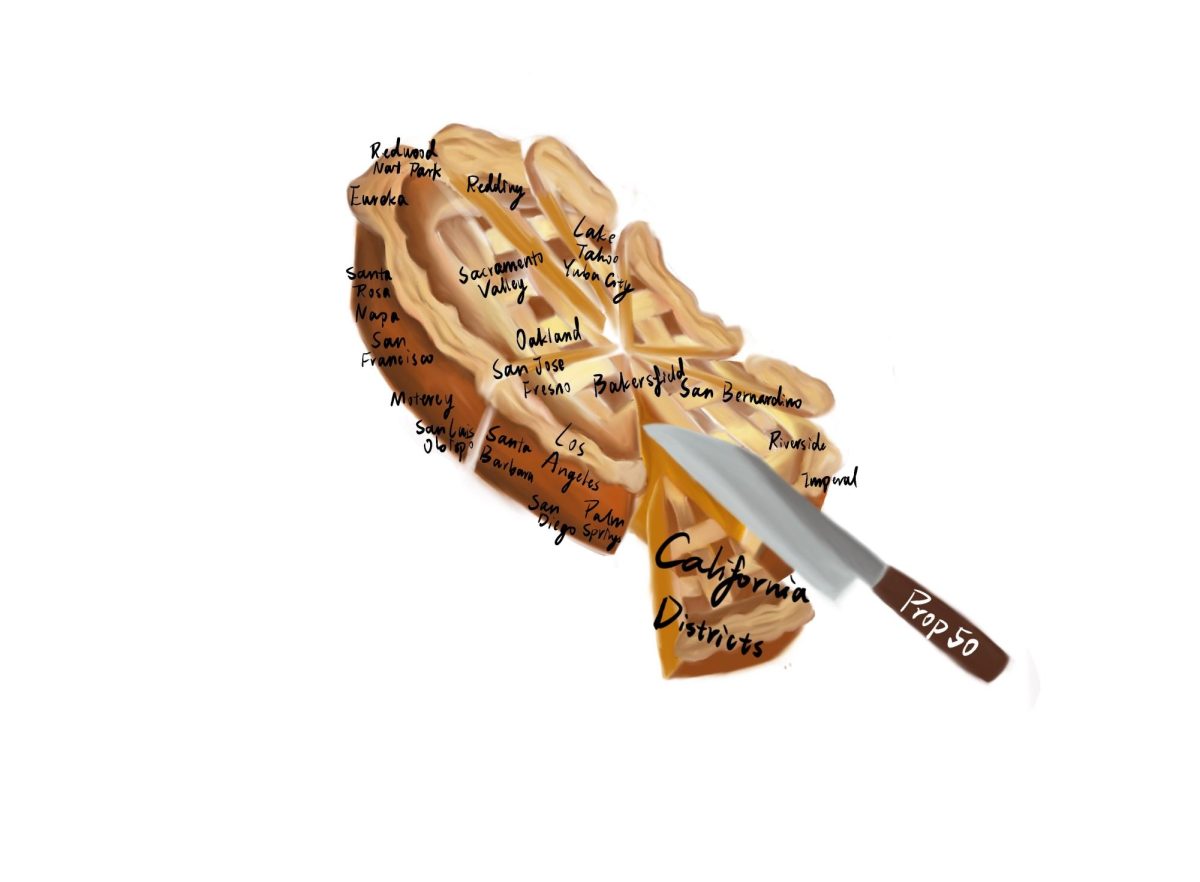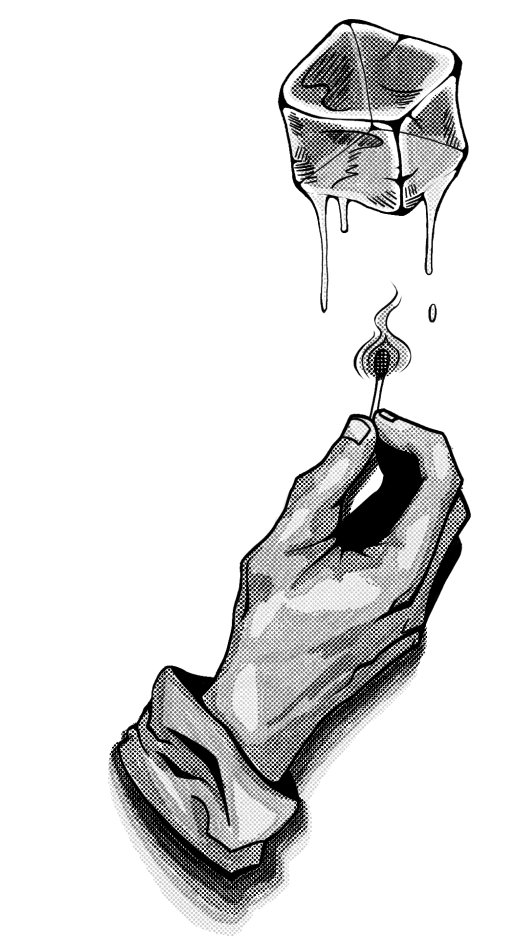With a leading 12.6% of all ethnicities, Black people are among the biggest minorities in the United States and have been for centuries. Inequality has historically impacted the Black community far more than other demographics. This extends to our legal institutions, especially in terms of the death penalty.
“In 82% of the studies [reviewed], race of the victim was found to influence the likelihood of being charged with capital murder or receiving the death penalty, i.e., those who murdered whites were found more likely to be sentenced to death than those who murdered blacks,” Capital Punishment in Context said. “There are not only punishment discrepancies based on the victim’s race, but also the perpetrator’s race.”
Less than 20% of the U.S. population makes up the 41% of death sentences that occur in the country. While many people have attributed these statistics to mere chance, Supreme Court Justice Harry Blackman argues otherwise.
“Even under the most sophisticated death penalty statutes, race continues to play a major role in determining who shall live and who shall die,” Blackman said. “Perhaps it should not be surprising that the biases and prejudices that infect society generally would influence the determination of who is sentenced to death.”
Marcellus Williams was the convicted murderer of journalist Felicia Gayle in 1998. He was executed for the murder on September 25, 2024. Williams was a 55-year-old Black Muslim from Missouri who has claimed his innocence for over two decades. Although no evidential charges were implemented, the lethal injection still took place. A week prior to his death date, he was found to be innocent and the execution was still carried out as if the very reason for taking his life was of little to no significance to begin with. Before the reversal of the claim, the prosecutor and Supreme Court had very little and weak evidence. State Government Reporter, John Hanna explains that none of the test results connected Williams to the crime.
“Williams’ attorneys noted that a bloody shoe print, fingerprints and hair found at the scene did not match Williams,” Hanna said. “But a prosecutor said such tests were merely inconclusive.”
After being wrongfully accused for 24 years, Williams suffers the fate of a system that unfortunately values finality over fairness. CNN Reporter Tricia Rojo Bushnell offers a grim analysis of a corrupt justice system.
“The execution of an innocent person is the most extreme manifestation of Missouri’s obsession with finality over truth, justice and humanity,” Bushnell said.
The opposing party admitted that their accusations were wrong. So why is Marcellus Williams being executed for a crime he did not commit? Even when the charges were dropped and the opposing party agreed that Williams was innocent, the process proceeded.
The final week that Williams had been sentenced against the name of justice, had taken a toll on many students at Claremont High School. Eysha Hurley, an African American freshman student at the school, gives her insight on the topic.
“As somebody with a young growing mind, it makes me feel distrustful of the government,” Hurley said. “As a Black person, it makes me afraid because they could just kill me and I would be gone and it wouldn’t be my fault it would be their fault and they wouldn’t be held accountable.”
This recent example of death penalties using legislative power to execute a unlawful death sentence has devastated communities across the country and even at CHS.



















